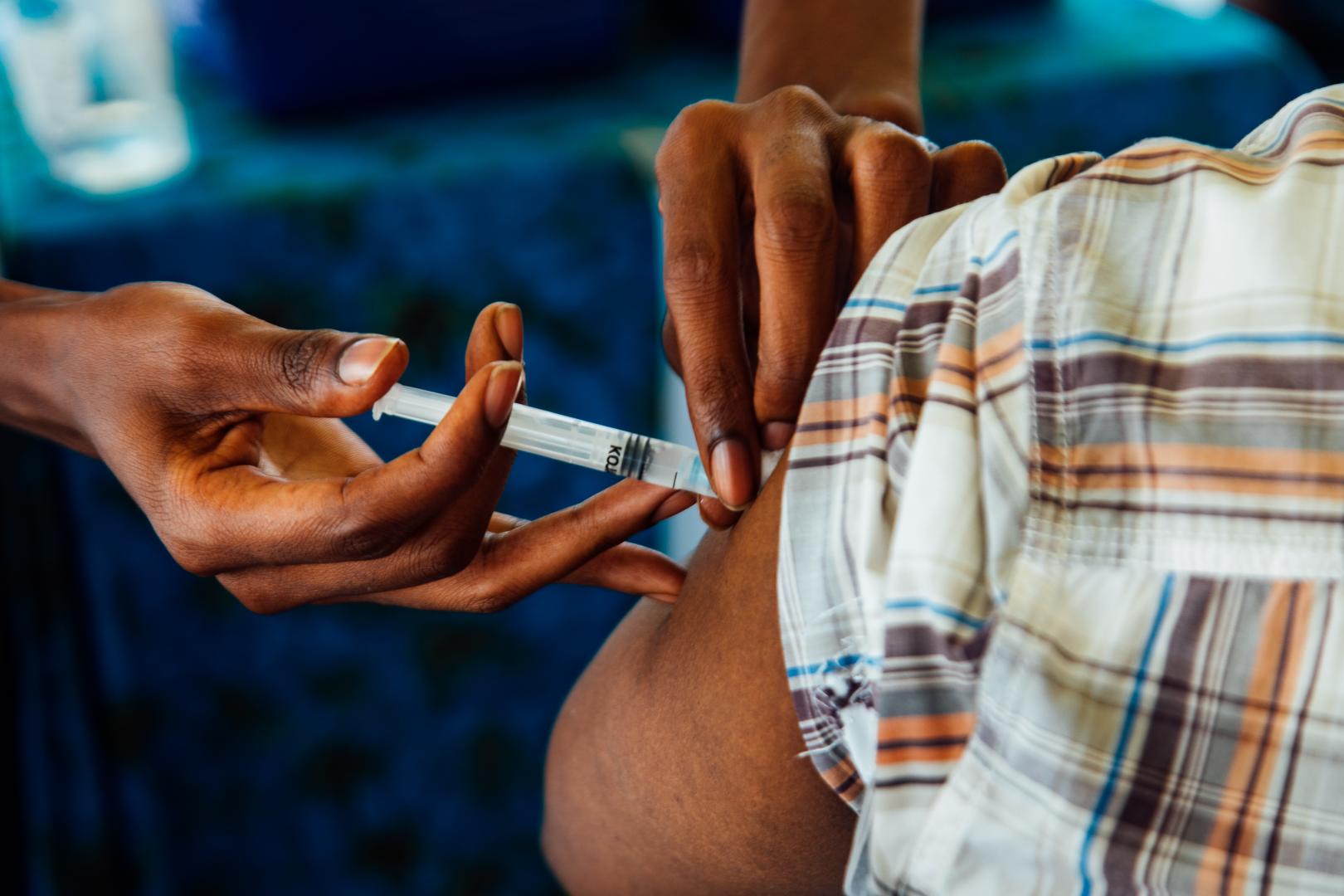The African continent is full of wonders, with many of the most beautiful places on earth. Unfortunately, there are also several diseases here that may not be a problem in your home country.
Vaccinations are an important factor to consider before traveling to Africa. Some vaccinations are required by law to enter certain countries. Others are simply important to make sure you don’t spend your safari time in bed recovering from an illness.
The most important thing to do before traveling is to talk to a medical professional. Don’t let your time on this magnificent continent be disturbed by worries about health.
Your local doctor will be able to give you up-to-date medical information about the countries you are planning to visit, and advice that is specific to you and your medical history. It’s important to do this before your trip.
Consulting a doctor should be part of your travel preparation process.
Routine vaccinations
There are some diseases that may not be prevalent in your home country thanks to widespread vaccination among the population, but may be more of an issue in other countries which do not have mass vaccination campaigns.
For this reason, even if you have been vaccinated before, it may be worth returning to your doctor for a booster shot just before your trip. A greater prevalence of the disease means a greater risk of contracting it, so giving your immunity a fresh boost might be a good idea.
Some routine vaccinations you should talk to your doctor about include:
- Flu;
- MMR (measles, mumps and rubella);
- Polio;
- Hepatitis A & B;
- Human Papilloma Virus (HPV); and
- DPT (diphtheria, pertussis or whooping cough, and tetanus).
See the CDC’s website for more information on routine vaccines for travelers.
Yellow fever
Yellow fever is spread by a species of mosquito common in parts of Africa and South America. It’s easily preventable with a highly-effective vaccine that is readily accessible at most travel clinics.
Several African countries require vaccination against yellow fever prior to entry and more need it if you’ve recently been in one of the “yellow fever belt” countries.
See the CDC’s website for guidance on dealing with yellow fever and up-to-date information on vaccination entry requirements.
Malaria
Even though it’s one of the most common diseases in Africa (especially when and where mosquitoes are most prevalent), malaria is preventable and treatable with antimalarial medication.
It’s important to speak to your doctor as soon as you know your travel plans and to follow the prescribed schedule of the antimalarial prophylactics.
On top of medications, there are some further measures you can take to reduce your risk of having unfriendly contact with mosquitoes, such as applying insect repellent regularly to any exposed skin, wearing light-colored clothing at night, having a mosquito net over your bed and keeping the doors of your room or tent fully closed at night.
See the CDC’s website for guidance and up-to-date information about malaria-related entry requirements.
COVID-19 & entry requirements
Unfortunately, COVID-19 is not going anywhere. However, most restrictions on border crossings have been released. You should be aware of the current entry requirements before visiting a country, as well as take measures to protect your health and the health of others.
Some countries require entering visitors to be fully vaccinated against the COVID-19, others require negative PCR tests. It is also important to be aware of and adhere to any measures to reduce the spread in places inside the countries you visit.
See the Center for Disease Control (CDC)’s website for guidance on COVID-19 and the related travel restrictions.
We also keep up-to-date information on entry requirements for East-African countries in our blog. See the latest information for each country here: Tanzania, Zanzibar, Rwanda, Kenya, and Uganda.
We are travel experts, not medical experts
We can help you with everything travel, but we are not medical professionals. Our advice as travel experts: consult a medical expert.
Make sure to familiarize yourself with any diseases that might be present in the places you are traveling to. This means first and foremost learning how to prevent them, but also how to recognize them, and what to do in case of an infection.
Be informed. Be prepared.
Even if you’re perfectly healthy now, don’t take any risks with your health while traveling. See a doctor before you leave on your trip, and let your excitement build without worrying about easily-preventable diseases spoiling things.
When you’re in Africa, you won’t want to miss out on anything, believe me!.

